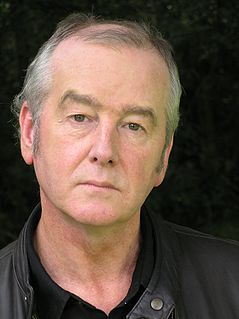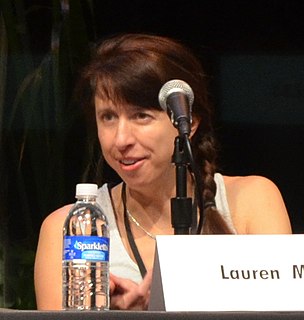A Quote by Gregory Doran
Sometimes the parallels that are brought in can make the play seem less relevant; you can deny a play's application to the universal by making it too specific. Sometimes having a modern context does make things easier to grasp; sometimes, you go, "Why have they got swords?" "Why didn't Juliet just text Romeo? Why did she bother posting a letter? Why was the Milan post service so bad?" It throws up irrelevant questions that don't help.
Related Quotes
[Being judge] is about being honest and giving everybody a fair shot and telling them what you think. Sometimes it's good and sometimes it isn't. It's more important to be honest than say things to make people feel better. I don't think you have to be rude, but I think you have to be honest. But I think it's really important to be specific: Here's what you did that was great and why. And here's what you did that wasn't great and why.
She holds herself with such reserve. She smiles, but the smile doesn't reach her eyes, even in the company of the girls she's chosen to eat with. Why? I have no clue, and I really don't want to spend my time worrying about it. But my brain pushes at the question anyway. Why are people aloof? Because they don't want to let others in. Why don't they want to let others in? Well, sometimes because they're shy, and sometimes because they're convinced of their own superiority. But those aren't the only reasons. Sometimes it's because thay have something to hide.
Where are you going?" "Nowhere special. I just have some... things to do." "Why did you pause?' "I'm sorry?" "You paused. You have 'some... things to do.' "No reason, I just--" "You're up to something." "No--" "Then why'd you pause?" "Get in the car." She got in. He got in. "Seat belt," he said. Why'd you pause?" His head drooped. "Because I'm up to somthing." "And why can't I come with you?" "Because it's something sneaky." "Do you promise to tell me later?" "I do." "Well all right then." She clicked her seat belt into place. "Let's go.
Everyone's scared. So scared they can't sleep sometimes. Or eat. Or keep their weight on." "Then why bother playing?" I asked. It was a whisper, this question. "Because. You love the game. You love the people you play with. You love winning, maybe. You love that one moment when you get it right . . . I dunno. Why do you play?" "Because," I whispered, "it's who I am." Sounds like a good reason to me.
You can also see sometimes that the best pictures are the ones where you didn't try so hard, where you were just enjoying the process - and you didn't even know why you were making the picture. It felt right. If someone asked, 'Why are you making this picture?' you probably couldn't describe it very well - and that's why it needs to be a photograph.
When you ask why did some particular question occur to a scientist or philosopher for the first time, or why did this particular approach seem natural, then your questions concern the context of discovery. When you ask whether the argument the philosopher puts forth to answer that question is sound, or whether the evidence justifies the scientific theory proposed, then you've entered the context of justification. Considerations of history, sociology, anthropology, and psychology are relevant to the context of discovery, but not to justification.






































